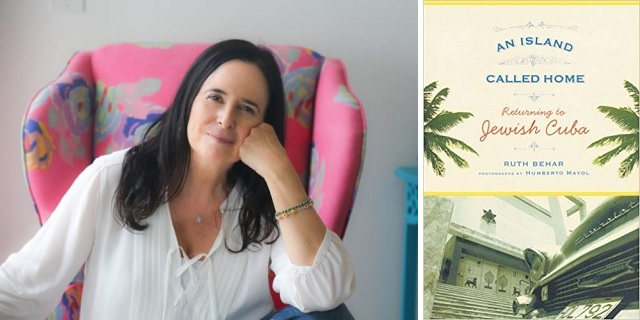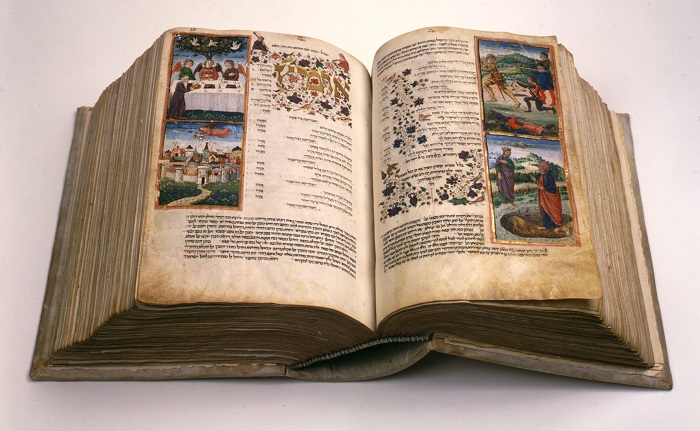ENGLISH CORNER, CON LINDA JIMÉNEZ – This week’s trivia question: What is the “Patronato”, in Havana?
Ruth Behar is a professor in the Department of Anthropology at the University of Michigan in Ann Arbor. She was born in Havana, Cuba to a Jewish-Cuban family of Sephardic Turkish, and Ashkenazi Polish and Russian ancestry, and was five when her family immigrated to New York, where she attended local public schools. In 1977 she received her B.A. from Wesleyan University, where she studied Spanish Literature. She then went on to receive an M.A. and PhD in cultural anthropology from Princeton University. A writer of anthropology, essays, poetry and fiction, she often focuses on issues related to women and feminism.
Behar has worked as an ethnographer in Spain, Mexico, and Cuba, and is known for her humanistic approach to understanding identity, immigration, and the search for home in our global era. She travels regularly to Cuba and Mexico to study aspects of culture, as well as to investigate her family’s roots in Jewish Cuba.
Since 1991 her research and writing have largely focused on Cuba and its dwindling Jewish community. Her book An Island Called Home (2007) was written in Behar’s quest for a better understanding of Jewish Cuba and particularly her family’s roots. Traveling the island, Behar became the confidante to a host of Jewish strangers, building connections for further anthropological research. Conducting one-on-one interviews, combined with black-and-white photography, she builds readers an image of the diasporic thread connecting Cuban Jews to one another.
This community is also the focus of her film, Adio Kerida (2002), which features camera work and editing by her son Gabriel Frye-Behar.




